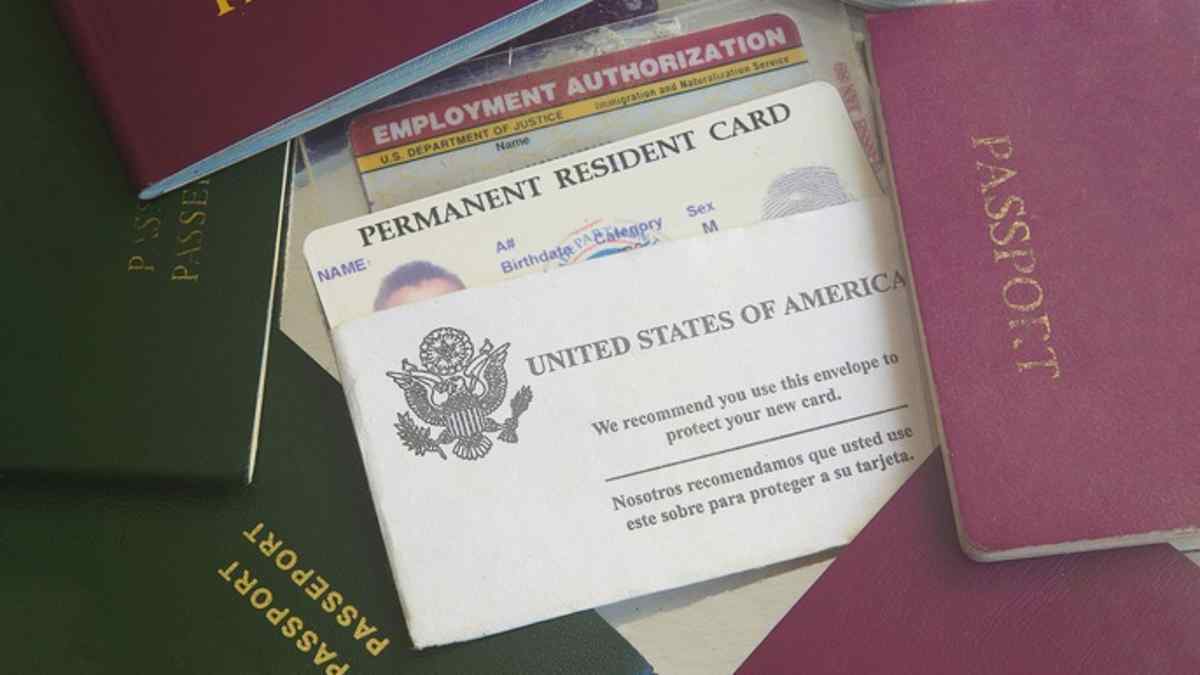

Whether because of the tight U.S. labor market or flawed onboarding processes, many undocumented workers are becoming participants and accruing benefits in employee benefit plans governed by the Employee Retirement Income Security Act (ERISA). Dealing with such plan participation adds yet another layer of administrative difficulty and legal exposure for employers who hire employees not authorized to work in the U.S.
ERISA does not exclude individuals otherwise qualifying as common law employees from plan rights and protections simply because of their immigration status. However, although the Department of Labor (DOL) has affirmed that other federal statutes, such as the Fair Labor Standards Act, protect undocumented workers, it has conspicuously failed to formally state that ERISA does too.
And the court decisions have not been consistent. For example, one federal district court opinion held in 2016 that trustees of ERISA benefit funds could enforce collection from employers of unpaid plan contributions for illegal aliens to collectively bargained welfare and pension plans. But another federal district court decision in 2009 held that the wife of a deceased undocumented worker could not recover death benefits under an ERISA group life insurance plan.
These individuals understandably desire to stay under all governmental radar, usually because they have either no Social Security number or a false one. As a result, tax and related difficulties arise when administering their participation in a plan. For example, under the annual reporting requirements of the Affordable Care Act, large employers must now provide to the IRS the employee Social Security numbers of their group health plan participants.
When an undocumented employee terminates employment, a 401(k) or another qualified retirement plan will usually need to report the distribution of accrued benefits to the employee for tax purposes.
Nontaxable rollovers are generally not elected by these employees. Taxable distributions could be properly reported on form 1099-R if the undocumented employee obtains and gives the employer a valid Individual Taxpayer Identification Number (ITIN). An ITIN can be used for 1099 reporting and the personal filing of taxes by undocumented employees, even though the employer may not use it for Form W- 2 reporting.
But many undocumented employees simply will not file the Form W-7 to get an ITIN. This is unfortunate since, in general, the IRS and the Social Security Administration do not share tax or wage reporting information with immigration authorities.
Of course, given the tax and other difficulties of paying compensation and providing benefits to undocumented employees, many employers simply terminate an undocumented worker when they learn that the Social Security number is missing or false (including where the number belongs to someone else). But note that in certain circumstances, an ERISA Section 510 discrimination action could be brought by the worker, assuming the worker chose to go public with his or her illegal status.
Some employers may choose, for business reasons, to keep an undocumented individual employed but discourage plan enrollment by requiring a valid social security number. Other employers draft a categorical coverage exclusion into the plan document for employees who are not authorized to work under U.S. immigration laws or who gain employment with false documentation.
The absence of controlling court precedents, clear DOL administrative guidance, and more accommodating federal tax reporting for actual and potential employee benefit plan participation by undocumented workers require careful consideration of the facts and circumstances of any scenario.
Raymond P. Turner is an attorney in the Dallas office of law firm Jackson Lewis. © 2022 Jackson Lewis P.C. All rights reserved. Republished with permission.
